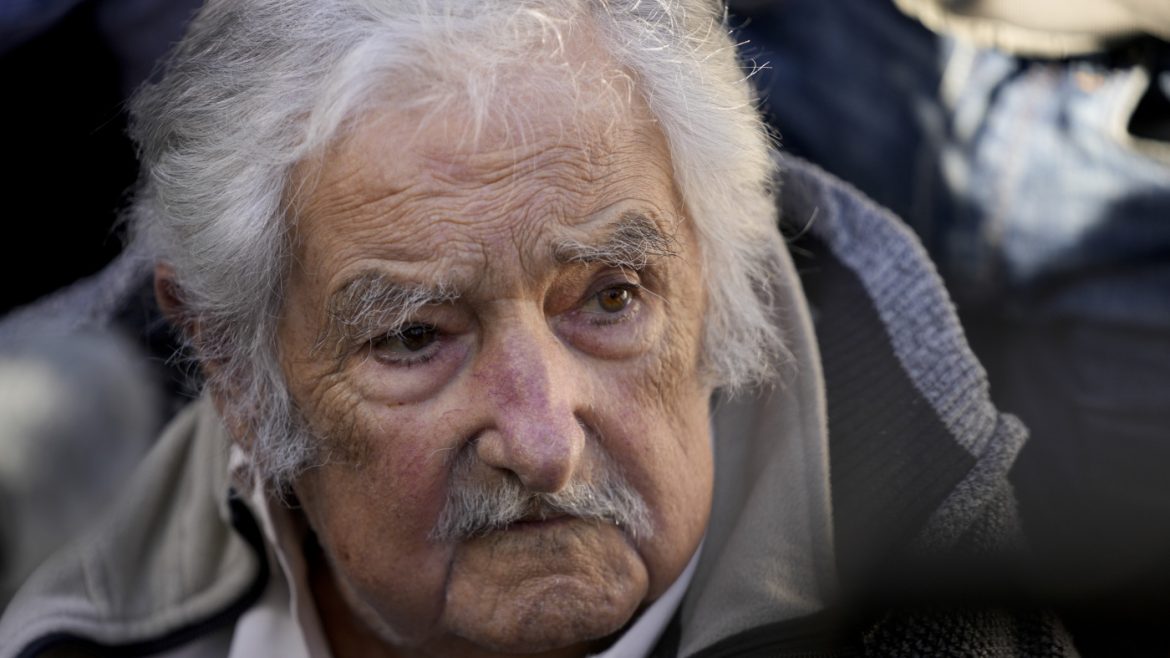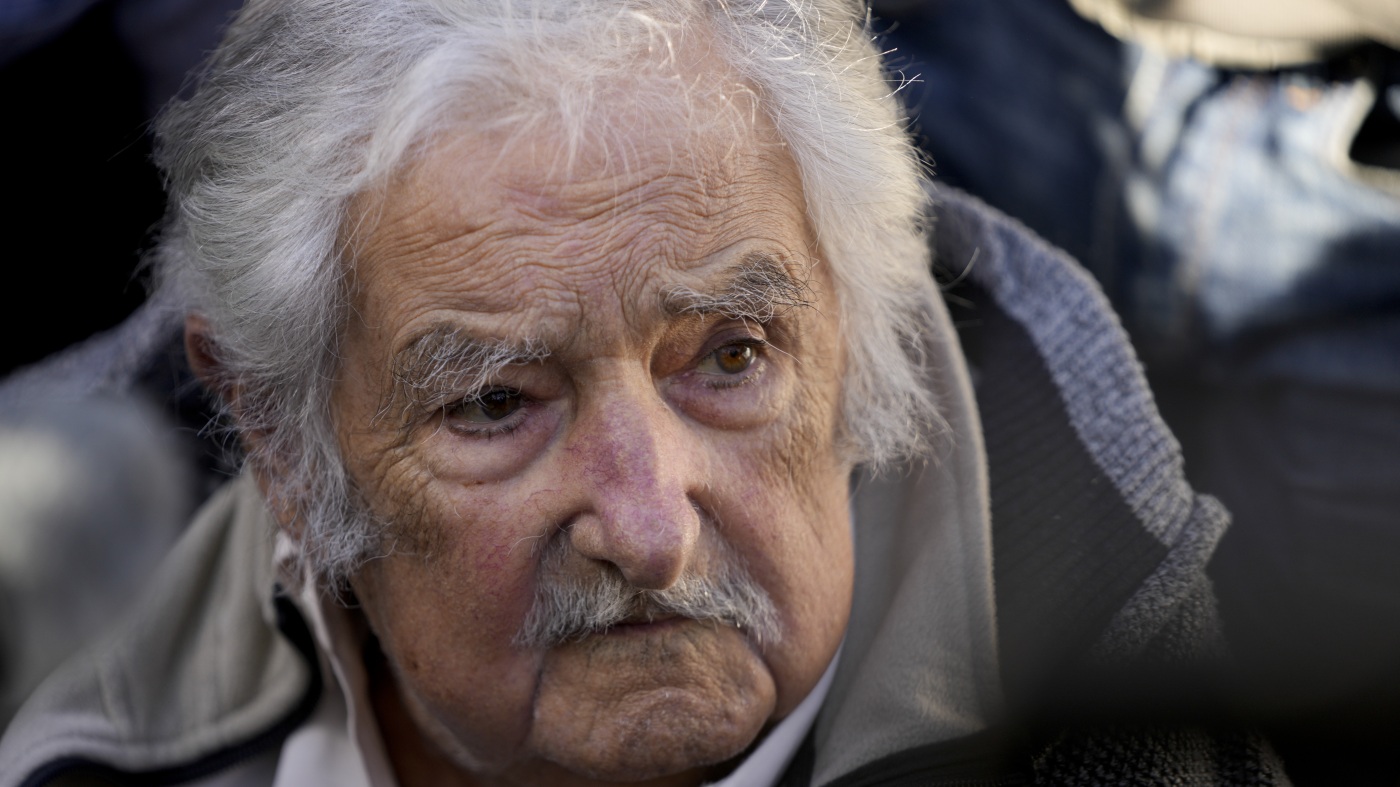The Legacy of José Mujica: A Life of Simplicity and Revolution
A Humble Beginning and Revolutionary Roots
José Alberto “Pepe” Mujica Cordano, born on May 20, 1935, was a man of stark contrasts. His journey from a charismatic guerrilla fighter to the president of Uruguay is a testament to his unwavering commitment to his ideals. Mujica’s early life was marked by poverty and activism. He joined the Tupamaros, a Marxist revolutionary group, in the 1960s, engaging in armed struggle against the Uruguayan government. His revolutionary activities led to his imprisonment and torture, but they also forged his unyielding spirit and dedication to social justice.
The World’s “Poorest” President
When Mujica assumed the presidency of Uruguay in 2010, he brought a unique approach to leadership. His austere lifestyle, which included living on a ramshackle farm and giving away most of his income, earned him the moniker “the world’s poorest president.” This lifestyle was not a mere political stunt but a reflection of his genuine commitment to simplicity and equality. Mujica lived in a modest house rather than the presidential palace, drove an old Volkswagen Beetle, and refused the perks that typically accompany high office. His actions sent a powerful message about the disconnect between political power and personal wealth, resonating deeply with people around the world.
Progressive Reforms and Social Justice
Mujica’s presidency was marked by a series of progressive reforms that transformed Uruguay into one of the most liberal democracies in Latin America. Under his leadership, Uruguay legalized same-sex marriage, decriminalized abortion, and became the first country in the world to legalize the production, sale, and consumption of marijuana. These reforms were not just political moves; they were part of Mujica’s broader vision of a society founded on principles of equality, freedom, and social justice.
A Philosophy of Simplicity
Mujica’s philosophy was deeply rooted in the idea of simplicity. He often spoke about the dangers of consumerism and the need for a more balanced approach to life. His words and actions were a call to reject the excesses of modern society and to embrace a more humble and sustainable way of living. This philosophy was not just about personal austerity but about creating a society where everyone has access to basic necessities and where wealth is distributed more equitably.
Legacy and Impact
Mujica’s legacy extends far beyond his time in office. His unpretentious style and progressive reforms earned him a global following and made him a symbol of humility and social justice. Even after leaving office, he continued to advocate for his beliefs, speaking out against consumerism and calling for greater simplicity. His impact on Uruguay and the world is immeasurable, inspiring countless people to question their own values and to strive for a more just and equitable society.
A Life Well-Lived
Mujica’s life was a journey of courage, conviction, and humility. From his early days as a guerrilla fighter to his later years as a beloved world leader, he remained true to his ideals. His death at the age of 89, following a battle with esophageal cancer, marked the end of an era. Yet, his legacy lives on, inspiring future generations to carry forward his vision of a world founded on principles of simplicity, equality, and social justice.
Conclusion: The Enduring Influence of a Humble Leader
José Mujica’s life was a testament to the power of simplicity and conviction. His journey from a revolutionary fighter to a beloved president, and his unwavering commitment to his ideals, have left an indelible mark on Uruguay and the world. As we remember him, let us also remember his call to embrace simplicity, to reject excess, and to strive for a more just and equitable society. In doing so, we honor not just his legacy, but the enduring influence of a humble leader who dared to challenge the status quo and inspire a generation.


